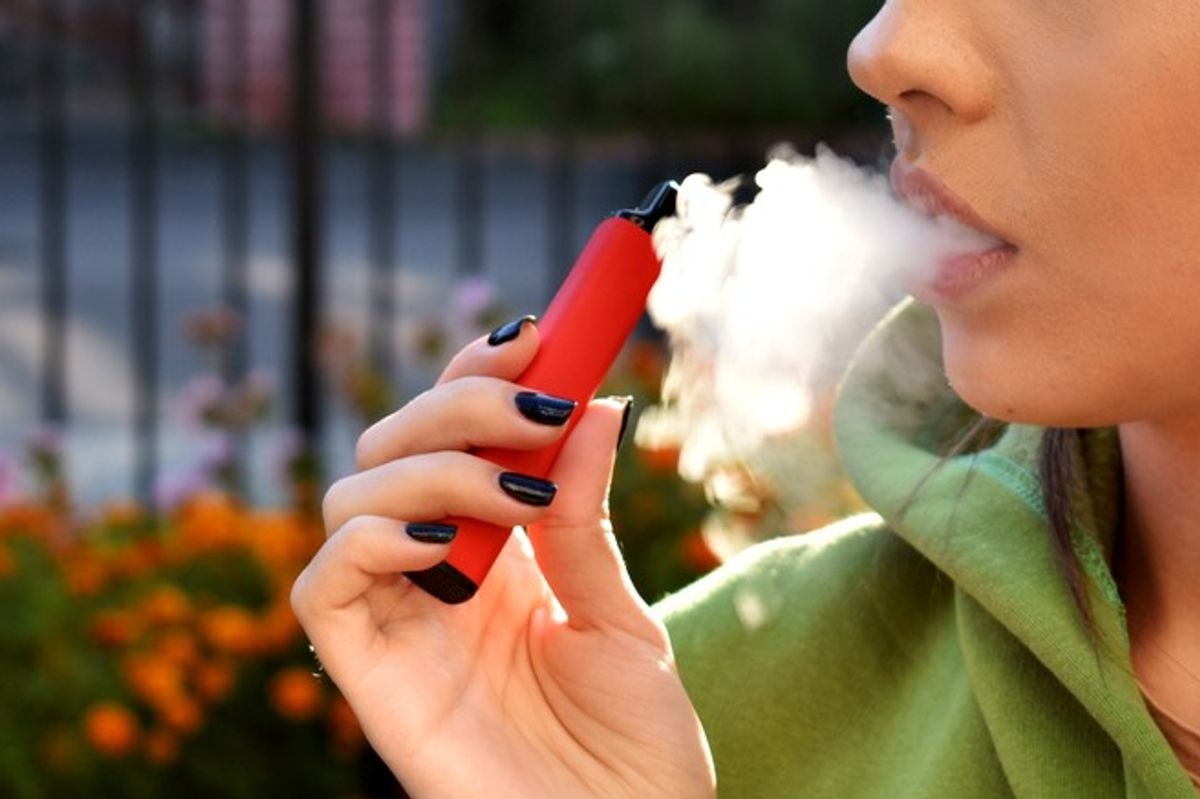New research, published in Tobacco Control, suggests that UK teens who vape are ‘just as likely to smoke as their peers were in the 1970s’.
The intergenerational study reportedly found that young people who said they vape in 2018 had nearly a one-in-three chance of also reporting smoking – matching the overall proportion of teen smoking 50 years ago.
The findings have sparked a wave of media stories warning of the potential ‘gateway’ effect.
But some experts have taken a different view.
Writing for the Science Media Centre, Professor Lion Shahab – Co-Director of the UCL Tobacco and Alcohol Research Group – said: “While the authors acknowledge the association is not causal, their language implies otherwise, suggesting that vaping may be reversing progress in reducing youth smoking. This interpretation is problematic for two key reasons.
“First, the study does not establish the direction of the relationship – whether vaping leads to smoking or vice versa. It’s equally plausible that young people who smoke are more likely to try vaping. Second, even if vaping preceded smoking, this does not prove causality.”
Professor Peter Hajek, Director of Queen Mary University of London’s Health and Lifestyle Research Unit, added: “It is more likely that the finding just shows that people attracted to vapes are also attracted to cigarettes, in the same way that compared to teetotallers, drinkers of white wine are more likely to also try red wine.”
John Dunne, director general of the UK Vaping Industry Association (UKVIA), highlighted the vital role vaping continues to play in driving down smoking rates.
He said: “The real-world evidence tells us that vaping is a key tool in eradicating smoking, rather than a gateway to it.
“Data from Action on Smoking and Health UK shows that vaping is driving thousands of additional quit attempts every year, and millions of adults have already used it to cut down on or quit smoking altogether.”
He added: “It is disappointing, but not surprising, that this study has received the national media attention it has. I just wish more consideration were given to the public health consequences this kind of coverage can have - and that the overwhelmingly positive role vaping plays in reducing smoking was given the same spotlight.”
In response to growing concern around the way vaping research is reported and interpreted, the UKVIA is preparing to launch its expert-led VapeVerify campaign. The initiative aims to put vape-related research under the microscope, ensuring it is communicated in a clear, balanced and evidence-led way.
Dr Ian Fearon, a tobacco harm reduction expert and one of the specialists supporting the campaign, also commented on the new study: “The authors themselves suggest that the study cannot provide evidence for the existence of a ‘gateway’ effect. Looking at the data, we can see that while there is an association between youth smoking and e-cigarette use, there are equally strong associations with alcohol use and a lack of engagement at school.
“Overall, this suggests that the most likely cause of the association is the ‘common liability’ principle - that some individuals have a predisposition or "liability" to use tobacco and nicotine products, including both cigarettes and e-cigarettes, as well as to engage in other risky behaviours.
“This aligns with historical youth smoking data, which clearly show that while e-cigarette use may be increasing, youth smoking has been in decline for many years. That would not be the case if the so-called gateway effect were real.”
Details of the VapeVerify initiative - and its sister campaign VapeWatch, which focuses on addressing misleading media coverage of vaping - are due to be revealed shortly.


